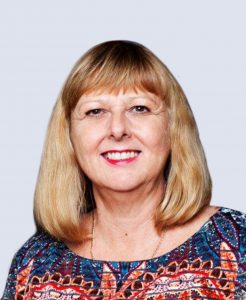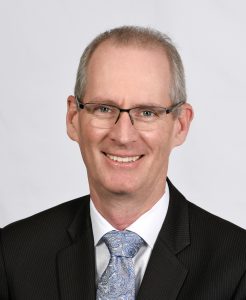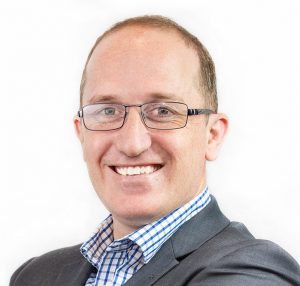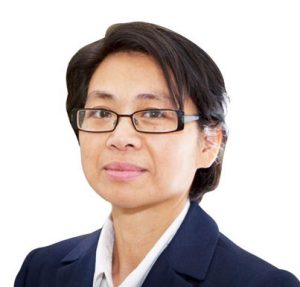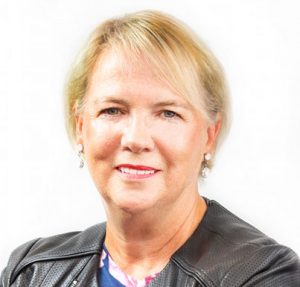What is the best approach that Australia can take to curate transparency within quality aged care? How can we support a learning mindset so that the best culture and leadership of different parts of the sector are enabled?
These are the questions that University of Queensland (UQ) student Jennifer Marks is contemplating, as part of her PhD research that will contribute to the goals of the Aged Care Data Compare (ACDC) project.
“My research is about managing quality in aged care in a digital era,” she says.
The ACDC project is a collaboration between the Digital Health CRC, the University of Qld, Australian Department of Health and Bupa Health Foundation. It will identify the benefits from using standards for the healthcare data shared by aged care providers by building a data hub allowing providers to exchange data, and benchmark the care they provide.
The aged care sector is under pressure to deliver high levels of transparency and accountability following the Final Report of the Royal Commission into Aged Care Quality and Safety, handed down this month, and Jennifer says this project will play an important foundational role.
Benchmarks
How do we compare an aged care provider who delivers services to a high number of frailer adults with complex health needs, such as dementia – to one where individuals are in relatively good health? And how do services change over time?
Establishing benchmarks is a complex process that requires good information, but extensive record-keeping isn’t useful if it can’t be accessed, usable to clinicians and others, and leveraged for learning and improvement.
“We can’t extract data out of aged care systems, normalise it, apply robust risk adjustment and produce a benchmarking tool, without a standard against which to measure the data,” Jennifer says.
“But while transformation of the sector can be enabled by technology, this is not simply about interoperability of data.”
Jennifer says transforming the aged care sector can only happen under a framework where there is support to change the culture and the capabilities.
“The benefits of benchmarking are not about standardising data; they are about what we can do with that information.”
Background
Jennifer brings more than 20 years of industry experience in healthcare and digital health transformation that spans Australia, the UK and the US. She plans to draw on education and experience that spans IT and data, business strategy, organisational change and systems innovation.
Much of her early research has taken place while in lockdown in San Francisco in the USA, where she is currently reviewing country-level aged care models from New Zealand, Canada, Europe and the US, to identify best practice in benchmarking quality in aged care in the digital era.
“Australia is not the only country going through the challenge of providing quality aged care, evolving sector models, and leveraging data to enable best outcomes and sustainability,” Jennifer says.
“It’s important that we have standards to measure our aged care services, but also that these standards be compatible with what’s going on in the rest of our health care system, and international health systems.”
Her research will identify quality benchmarking models globally, and the different lessons reported when these models have been implemented and translate those to the Australian setting alongside the ACDC initiative.
Big Picture
“There are many innovations occurring today around the use of data and technology, patient-centredness and collaboration,” says Jennifer.
The first phase of the ACDC project will define clinical data standards, using FHIR, which is a widely-accepted international standard defining data formats and program conventions for electronic health records.
Jennifer says that reimagining aged care is a multi-faceted challenge – that’s why a big picture view is important.
“We can achieve better outcomes, by taking a systems viewpoint to capability building and change, and optimising digital technology use.”






